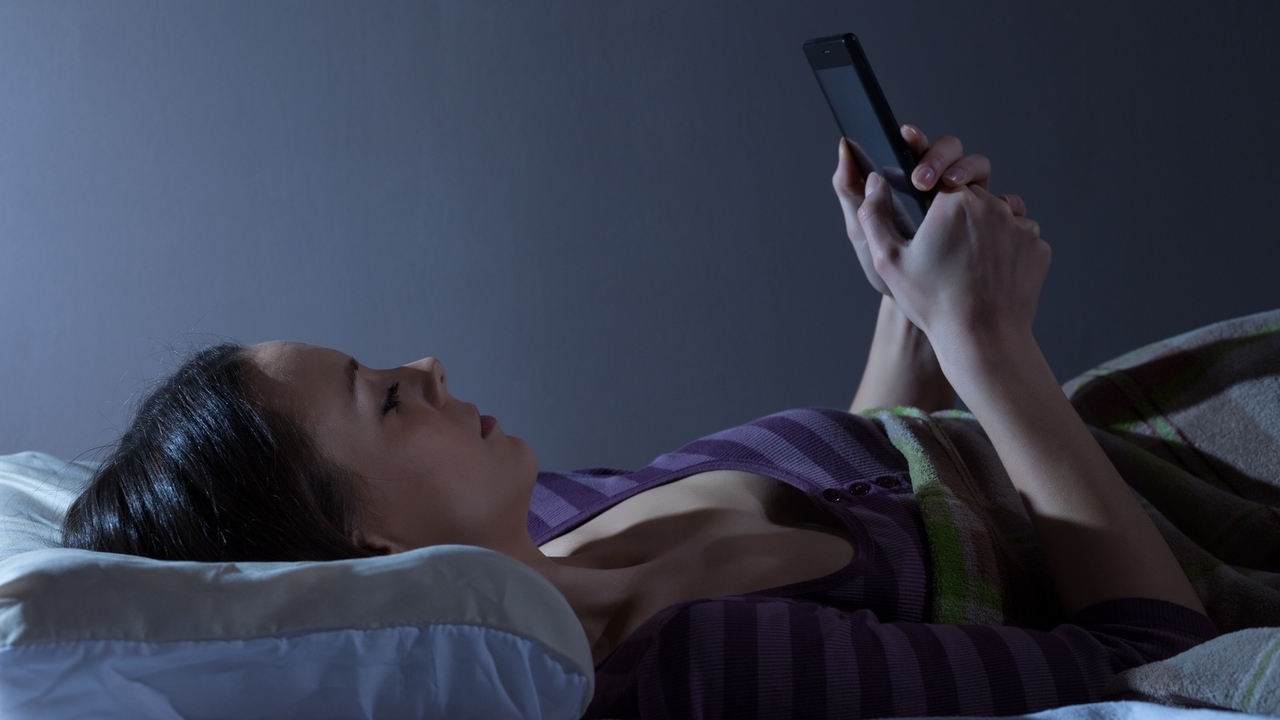Insomnia is a terrible condition to have. Having lived through this condition as a child I understand the deleterious effects of not being able to sleep, being worried about not being able to sleep, and repeating the cycle nightly until one is so worn out from exhaustion and worry that no kind word will ever help.
So what is insomnia and and why does it occur?
In her article entitled "Can't Sleep? 15 Proven Tips for Insomnia," Marlene M. Maheu, PhD, discusses some very interesting techniques to help one avoid sleeplessness. While it is not within the scope of this article to list them all, some of the top techniques include avoiding liquids close to bedtime, avoiding stimulating foods at least three hours before going to bed, reducing naps during the day, and setting a regular bedtime for yourself. All of these and more can assist you or your child in falling asleep and staying asleep.
In young kids, getting into the routine of regular sleep patterns can be disturbed by nightmares, a rocky napping schedule or any number of issues. In older children, the stress of divorce or a death in the family, a move to a new school or neighborhood, or even just puberty can trigger stress which can result in insomnia.
Insomnia is often associated with old age, as the older people become the less easily they are able to fall asleep and stay asleep in a satisfying way. Sleeplessness can lead to real health concerns, though, so if you experience insomnia which lasts more than a week, it is a good idea to consult with a health care professional about it and seek some sort of treatment -- either relaxation or meditation, changing your dietary habits, or medication.
The most common type of insomnia is known as primary insomnia, and is not associated with any other health or medical condition. Secondary insomnia, however, affects approximately 8 out of 10 people and this is, in fact, caused by some other condition including side effects of medicine or substances.
In contrast, primary insomnia isn't due to a medical problem, medicines, or other substances. It is its own disorder. A number of life changes can trigger primary insomnia, including long-lasting stress and emotional upset.
Be cautious and see a health care practitioner, too, if you are feeling drowsy while driving, during the day to excess, or in the middle of work or school.
Sources:
Can't Sleep? Fifteen Proven Tips For Insomnia by Marlene M. Maheu, Ph.D. Selfhelpmagazine. Revised 8/31/09. Web 13, Sept. 2011.
http://www.selfhelpmagazine.com/article/insomnia
What Is Insomnia? National Heart, Lung, and Blood Institute. Web 13, Sept. 2011.
http://www.nhlbi.nih.gov/health/health-topics/topics/inso/
Aimee Boyle is a regular contributor to EmpowHER.
Reviewed September 14, 2011
by Michele Blacksberg R.N.
Edited by Jody Smith





Add a Comment2 Comments
I hate insomnia.. my sister disturbs me each time she can't sleep..
September 15, 2011 - 11:21pmThis Comment
Menopause and insomnia is not a happy friendship! Add night sweats and we are talking sleep deprevation.
September 15, 2011 - 7:12pmHaralee.com sleepwwear helps with night sweats and keeps you drier so you can get a better night sleep.
This Comment